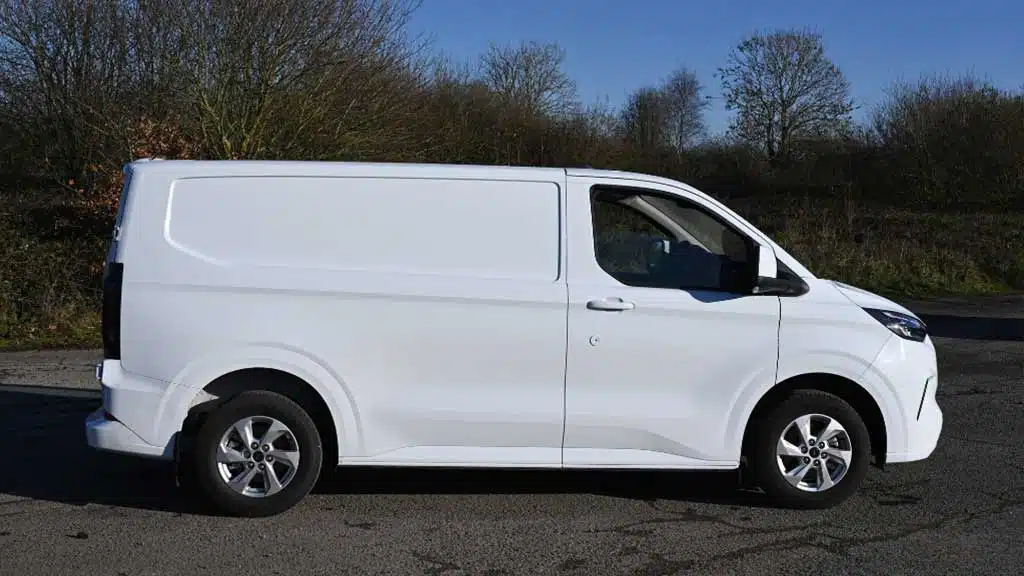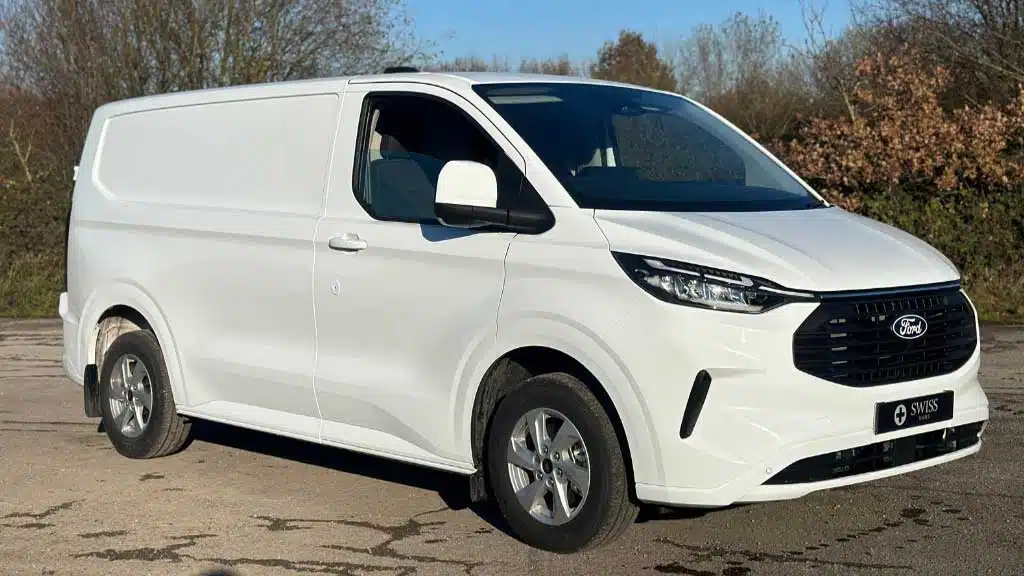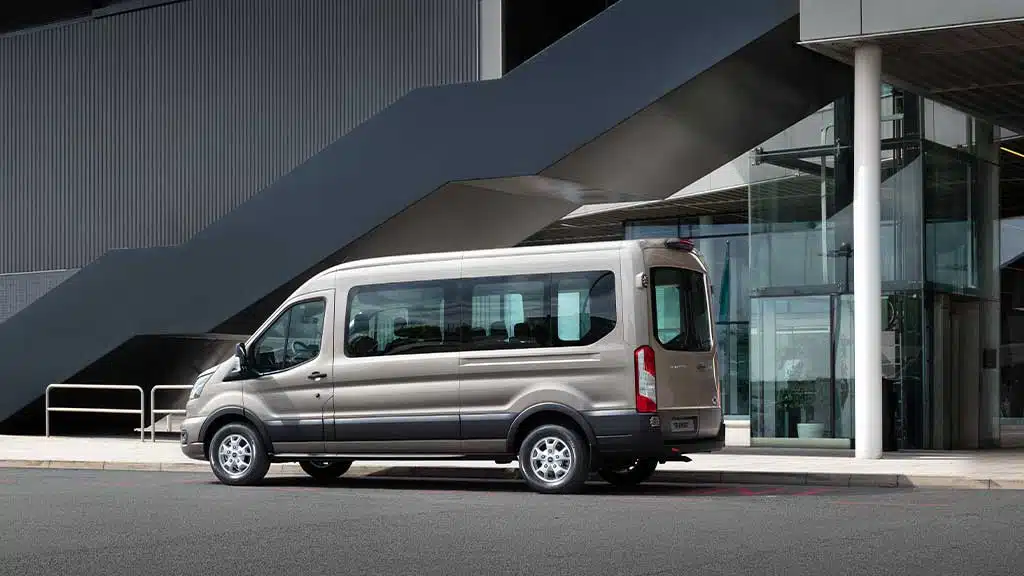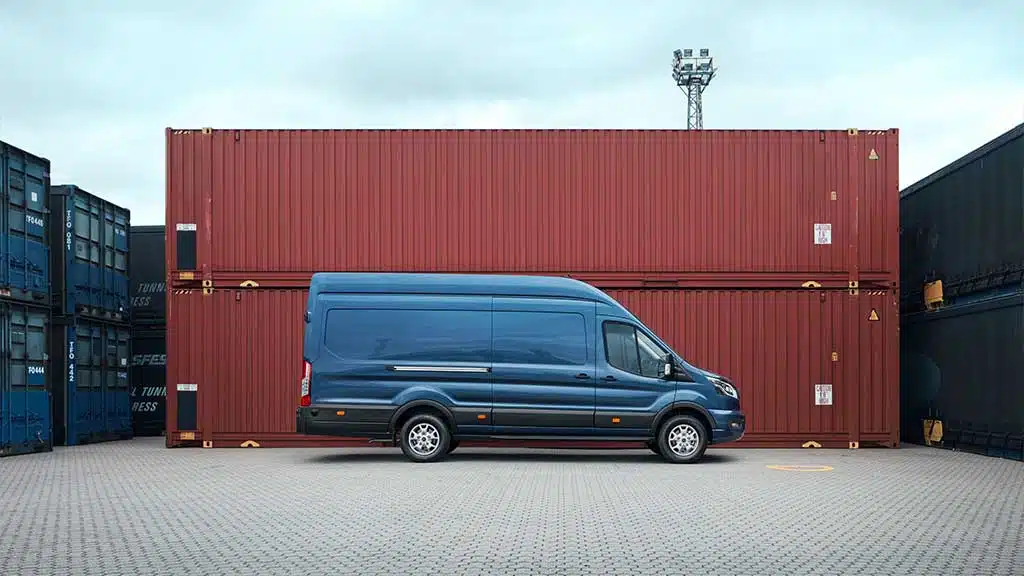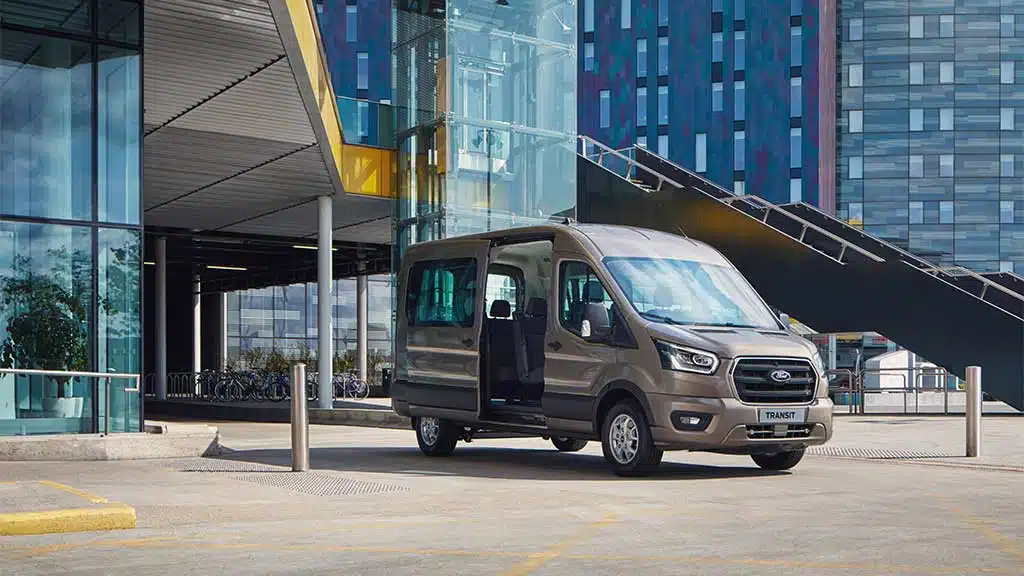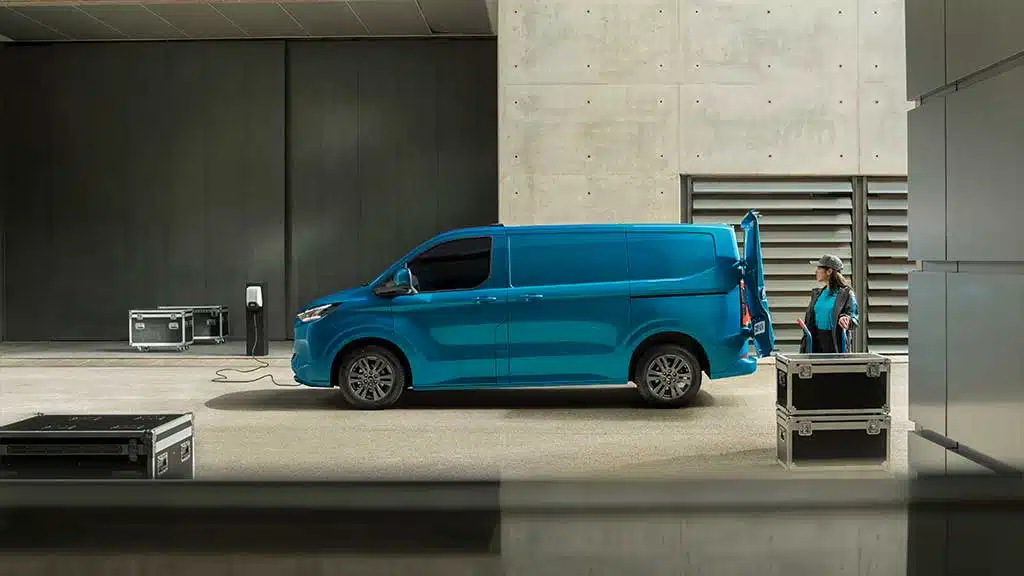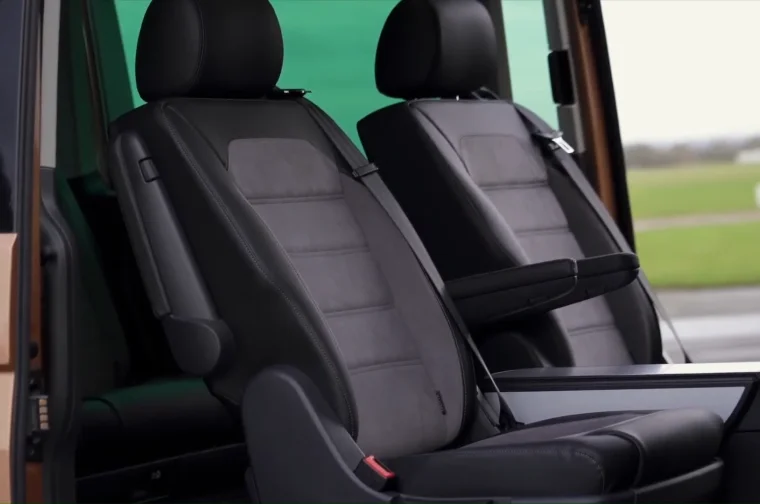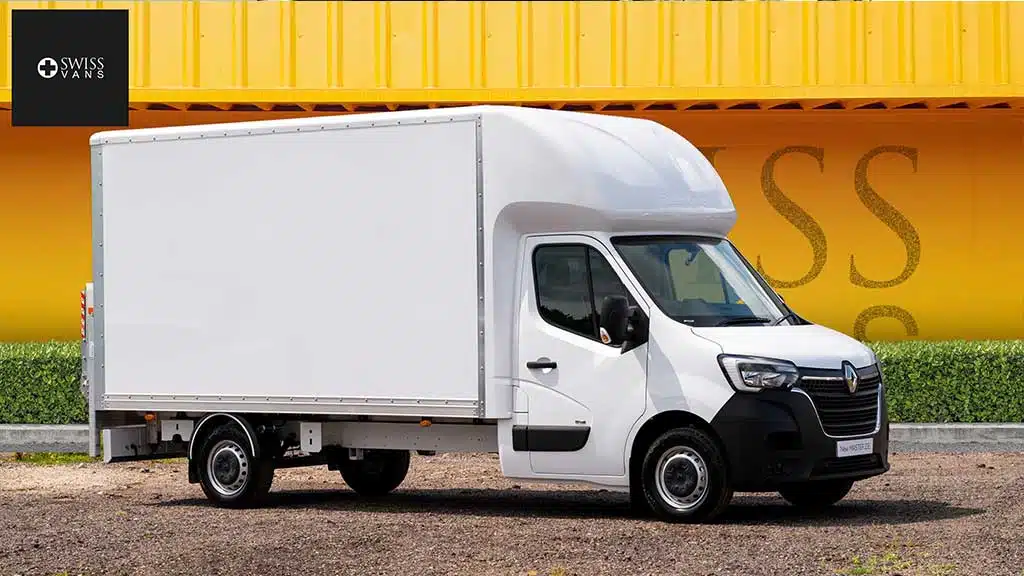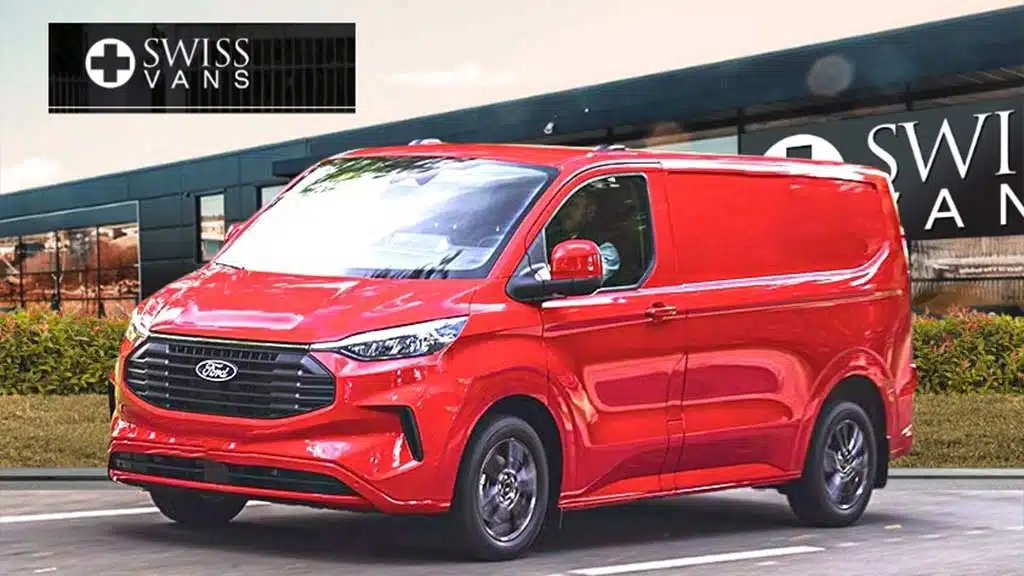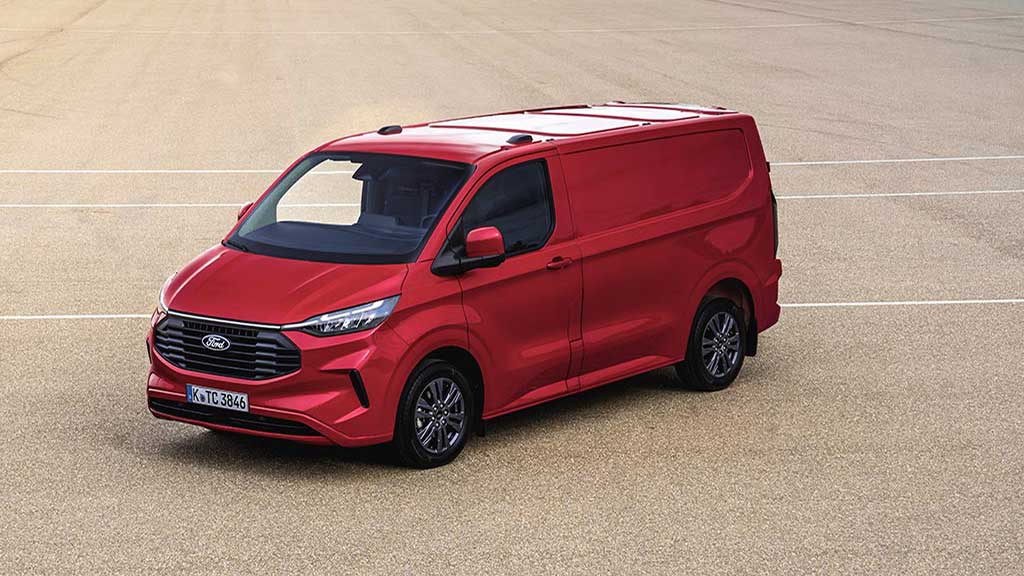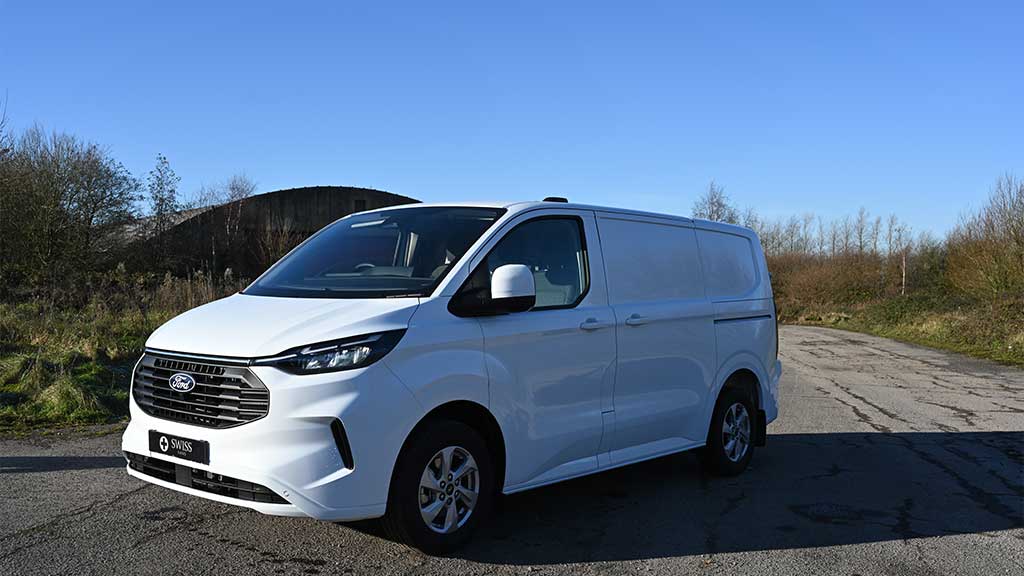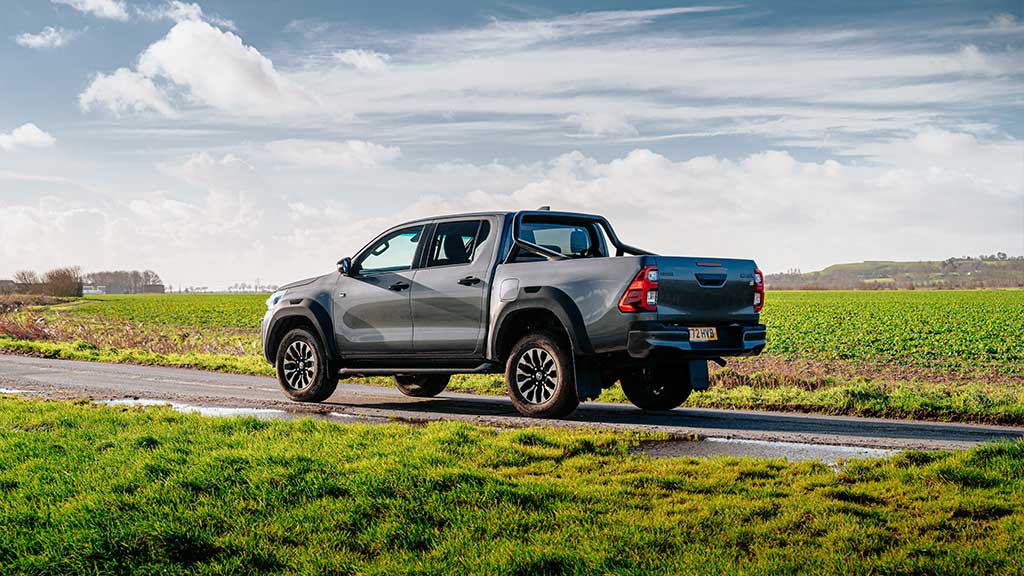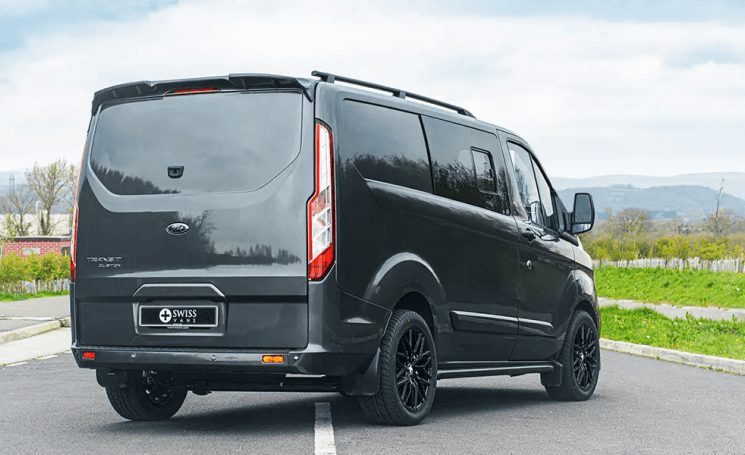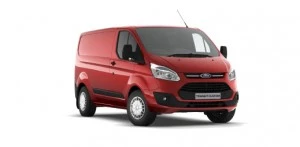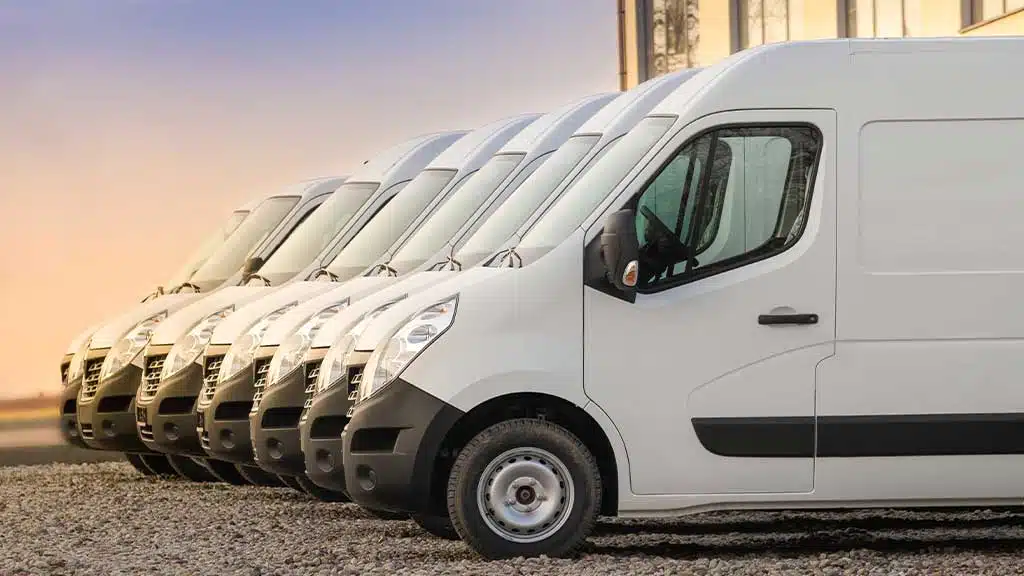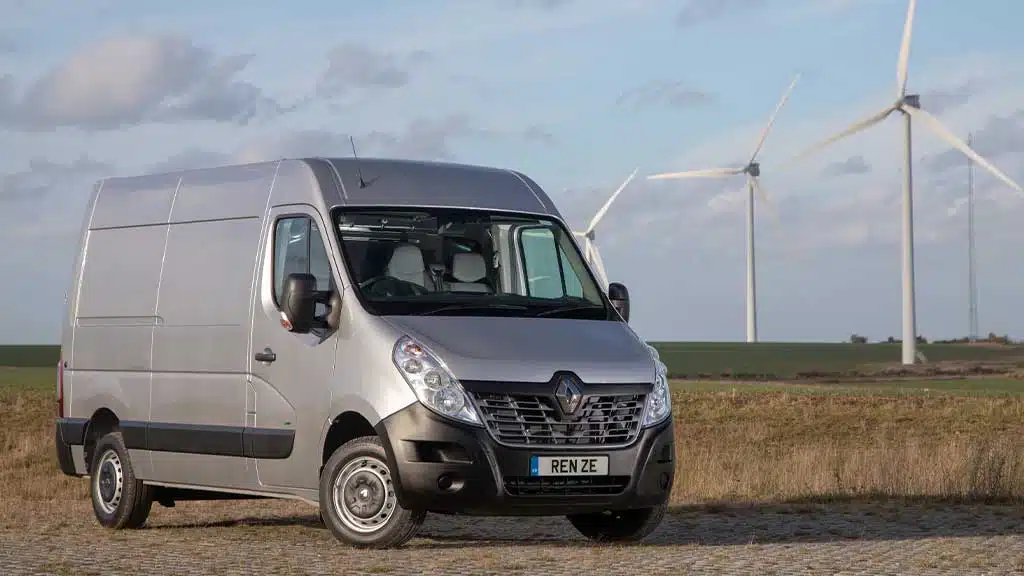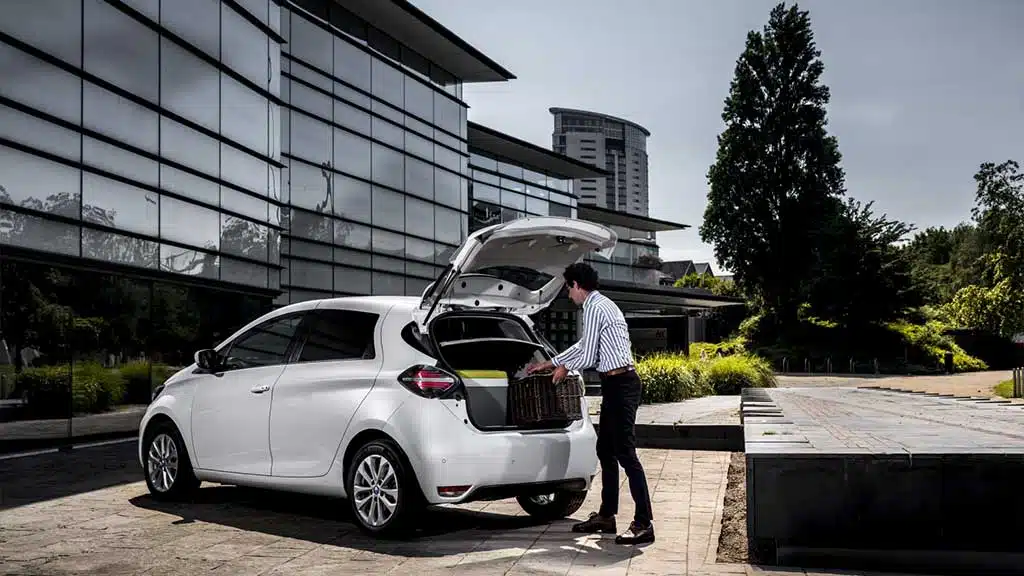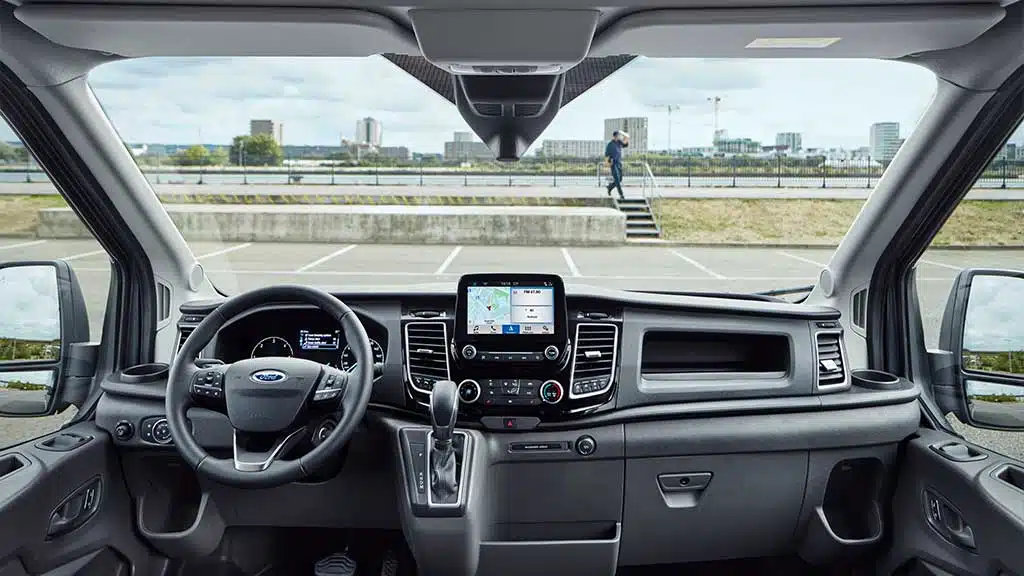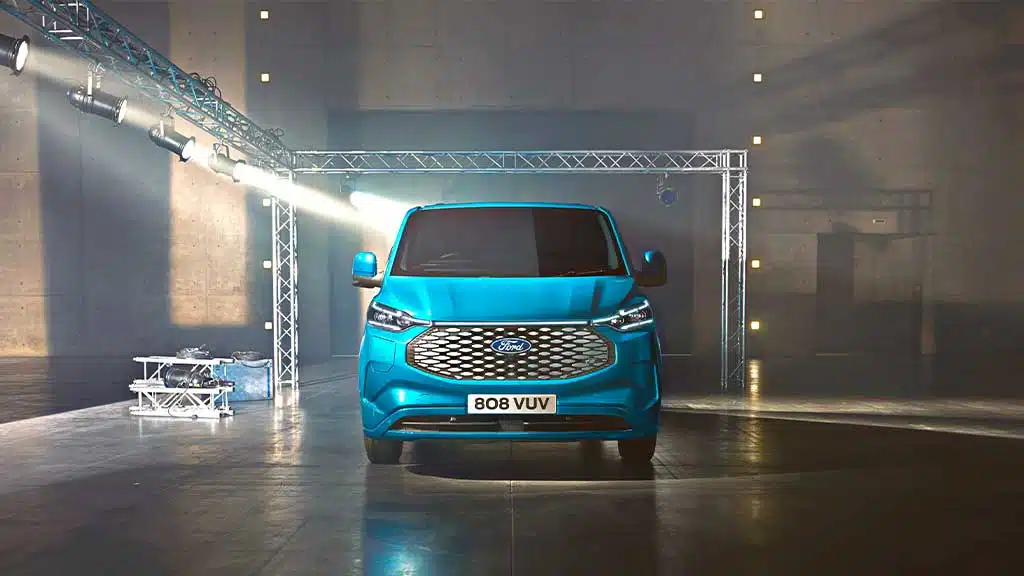About van Finance Types – Finance Lease, Hire Purchase, Contract Hire
 Considering van finance? Purchasing a van for your business is a big decision. Not every business has the financial capacity to buy a vehicle outright and in case the company does have the money to purchase a vehicle on a cash basis, it is not wise to shell-out a substantial amount for a business vehicle. It is better to opt for a form of van finance or leasing. Depending on the method of purchase, buying a van for your business can have different tax benefits.
Considering van finance? Purchasing a van for your business is a big decision. Not every business has the financial capacity to buy a vehicle outright and in case the company does have the money to purchase a vehicle on a cash basis, it is not wise to shell-out a substantial amount for a business vehicle. It is better to opt for a form of van finance or leasing. Depending on the method of purchase, buying a van for your business can have different tax benefits.
There are three basic forms of financing and they are financing lease, hire purchase and contract hire.
Finance Lease Explained
This method of van financing is a popular choice by VAT and non-VAT registered companies. It is a form of van financing where the business owner choose to either pay the entire cost of the vehicle plus interest for a certain period of time (24 to 60 months) or he may choose to pay low monthly instalments based on an estimated resale value of the vehicle computed on a set mileage.
The vehicle remains the property of the finance company at all times while the company uses the vehicle, paying “rental” instead of repayment. The lessee determines the balloon payment at the end of the lease contract. The monthly rental is based on the original cost of the vehicle, its residual value, length of financing and terminal balloon payment.
At the end of the lease contract, the finance company sells the vehicle to a third party. If the sold price is above the estimated balloon payment, the lessee will get the excess amount. If the sale price is below the balloon payment, the hirer will have to pay the difference to the finance company.
Pros of Finance Lease
• Low initial and monthly cashout
• Flexible terms
• Access to new vehicles
• Up to 50% of VAT payments can be claimed back
• Sales proceeds
• Rentals allowable against taxable earnings
Cons of Finance Lease
At the end of the lease contract, the vehicle remains the property of the finance company and has to be sold to a third party. Road Fund Licensing and servicing are the responsibility of the lessee.
Hire Purchase
Hire purchase or lease purchase combines the elements of a lease and a loan. The buyer and the dealer agree on the initial van deposit and the balance turned over to a lender (bank or broker) to process. . The contract is between a lender and the buyer as arranged by the car dealer. The lender technically buys the car and lets the buyer (lendee) use the vehicle as he makes the agreed-upon monthly payment. Monthly payment is computed based on the original cost of the vehicle, interest rate, initial down payment, and length of payment period (24 to 60 months). After the payment is complete, the vehicle becomes the property of the lendee.
Pros of Hire Purchase
• You can buy a van that you can’t afford to buy in cash
• Monthly payments are secured against the vehicle and not your house
Cons of Hire Purchase
• You have to make sure to keep up the monthly payments to avoid van repossession
• Interest rate could be high
• Selling the car during the hire purchase term could be complicated
• After the payment term, the car could be 5 years old and needs to be replaced.
Contract Hire
Contract hire is the most common type of van leasing agreement. A lessee enters into an agreement with a car leasing company for duration of 24 to 60 months. Ownership of the vehicle remains with the finance company with the lessee paying set monthly fees until the end of the contract.
The monthly contract hire payment is determined by the initial cost of the car and its residual value. Included in the computation of residual value are mileage, condition and depreciation of the car. The difference between the initial cost of the car and its residual value is paid by the lessee in monthly instalment. In this case, the higher the residual value of the car, the lower the monthly payments will be. For example a car with an initial value of £12,000 and a residual value of £5,000 has a difference of £7,000. The lessee will pay £7000 plus interest in set monthly instalments. For this reason, car maintenance is usually included in the contract to ensure the vehicle’s computed residual value.
Pros of Contract Hire
• There is no huge capital cash outlay
• Reclaimable 50% of the total payment and 100% on the maintenance package
• The lessee does not have to worry about car maintenance
It is the best option for businesses as it allows the business owner to update fleets with the newest vehicles and adjust the size of the fleet based on current number of staff.
Cons of Contract Hire
A contract hire would seem like a hire purchase but the lessee will not own the van after the contract. There is no option to buy the vehicle.
There is no one perfect car financing option. A financing scheme may seem a problem to some but an advantage to others. Weigh your options, its pros and cons before you decide.
Which ever method of purchase you choose our advisor at Swiss Vans can guide you through the process. Check out our huge range of vans for sale at Swiss Vans.



